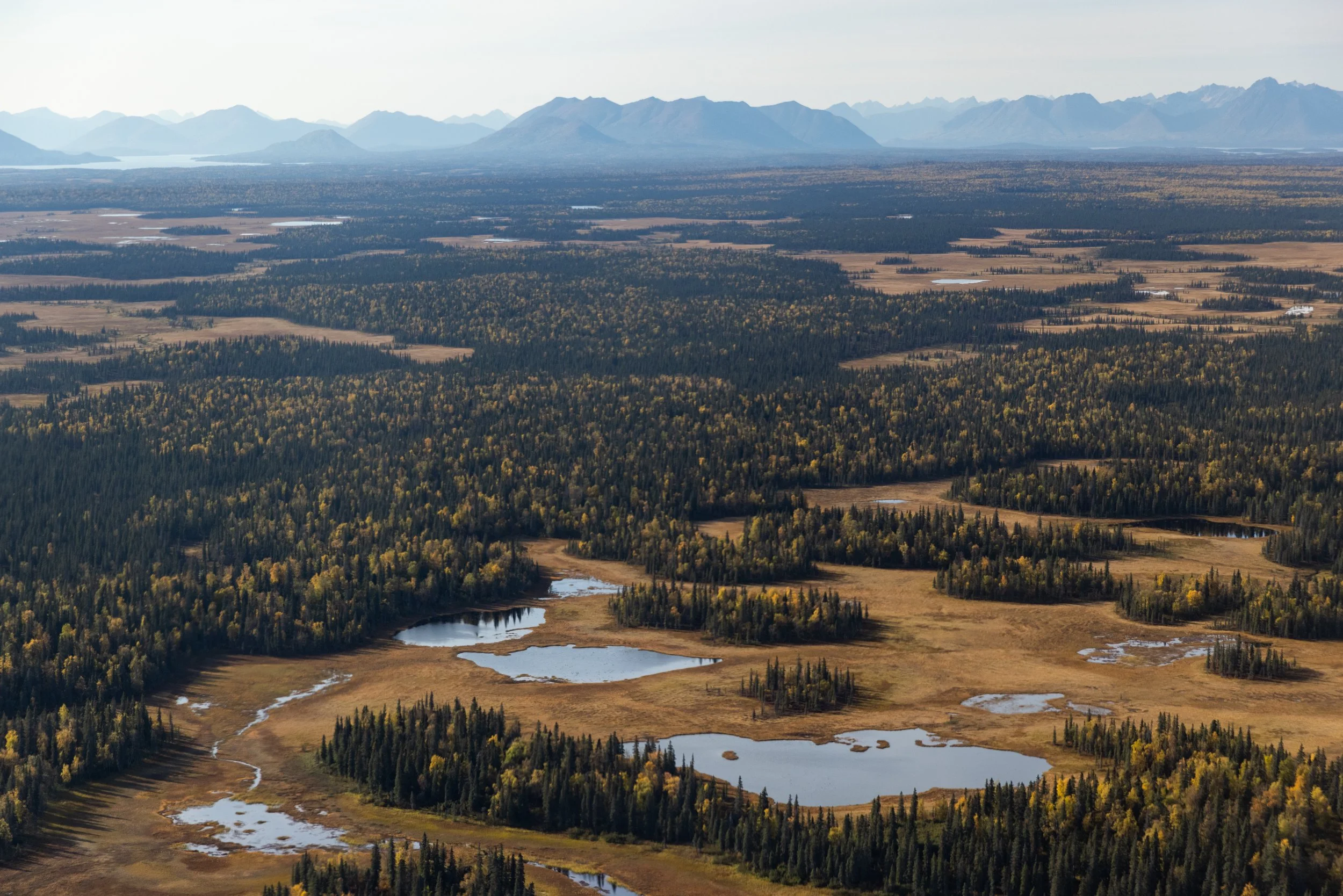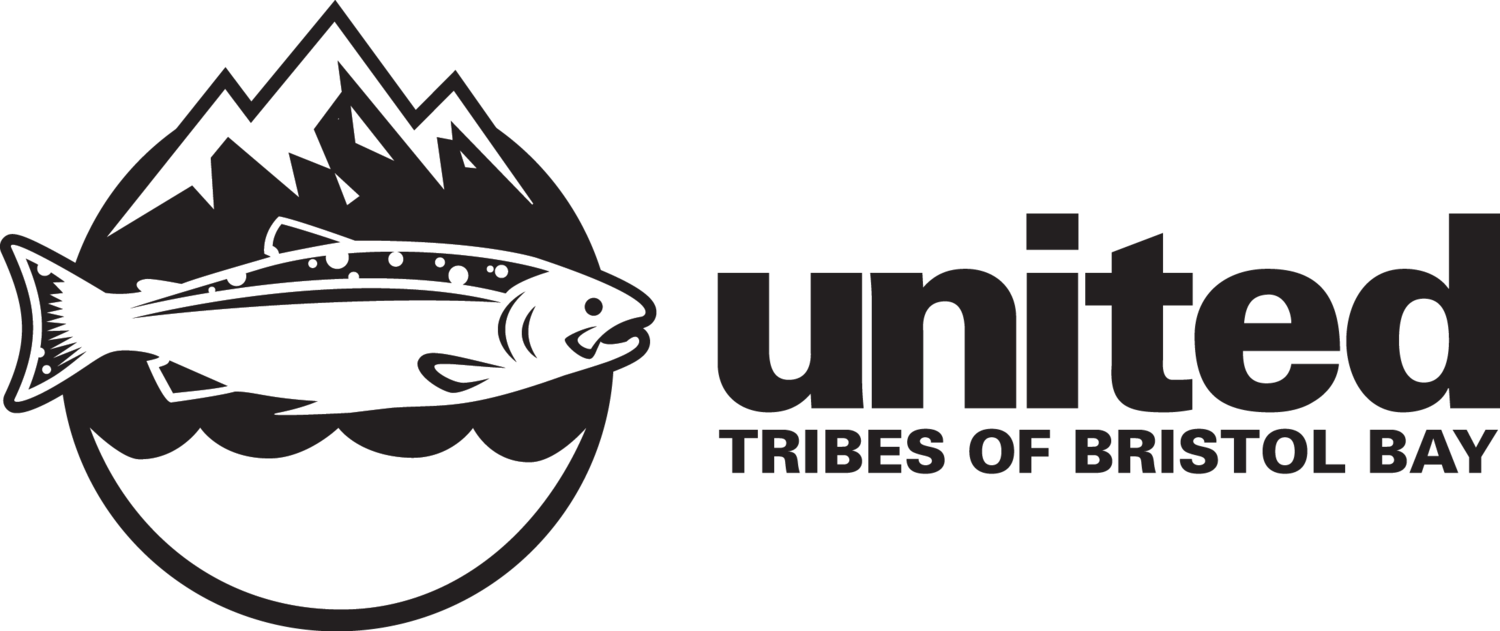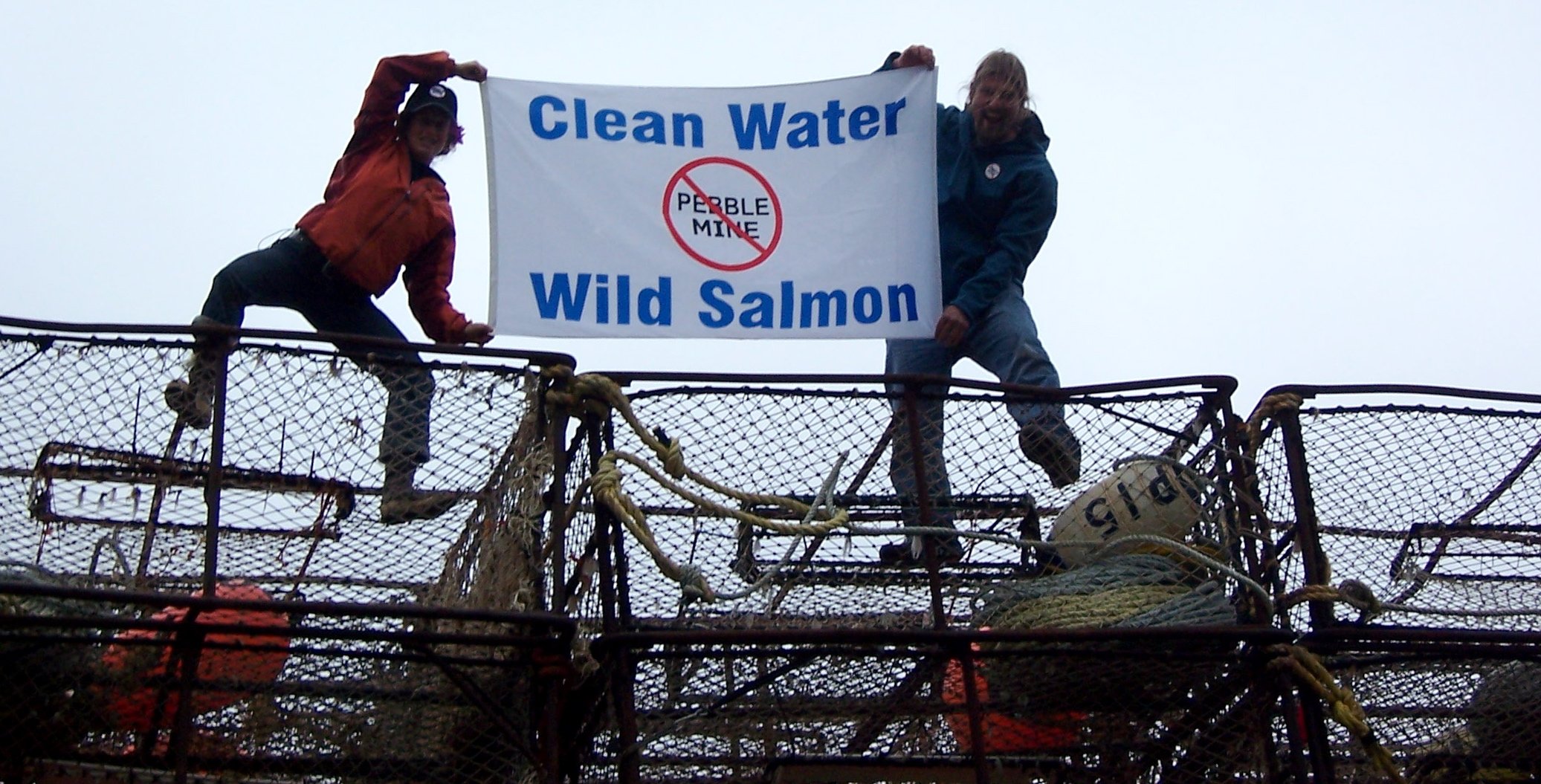
Long-Term Guardianship of Lands, Air and Waters
The people of Bristol Bay have stewarded our lands, air and waters since time immemorial. Our traditional Yup’ik, Dena’ina, and Alutiiq ways of life in Southwest Alaska depend on the pristine Bristol Bay watershed and all it sustains, most notably Bristol Bay’s wild salmon.
Together with our partners, we have fought the proposed Pebble mine for two decades, but this work is just the beginning.
Our long-term guardianship work includes collaboration with a coalition of Tribes, allies, and partners focused on protecting waters that sustain our fishery from any threat; working toward permanent protections for land and water; and ensuring resource management practices that enable continued subsistence practices and a role for Tribes in managing those lands and waters.
Pebble & Other Mining Proposals
Threatening salmon habitat through development such as large-scale hard rock mining puts at risk a way of life that has sustained the Indigenous people of the region since time immemorial; a commercial fishery that has persisted for more than 130 years; and habitat that provides to the world’s largest wild salmon run.
Federally-managed “D-1” lands
Alaska has 28 million acres of federally-managed “D-1” lands, including 1.2 million acres in the Bristol Bay region. These long-protected lands have been threatened by opening to extractive development — a grave concern for Bristol Bay communities. These lands and waters help sustain the traditional subsistence ways of life for our Tribal communities.
Nuyakuk Hydro
Nushagak Cooperative has proposed a hydroelectric project on the Nuyakuk River Falls northwest of Koliganek. The proposal is entirely within Wood-Tikchik State Park, the country’s largest state park. UTBB is working with a team of technical experts to understand potential impacts and benefits of the project.



